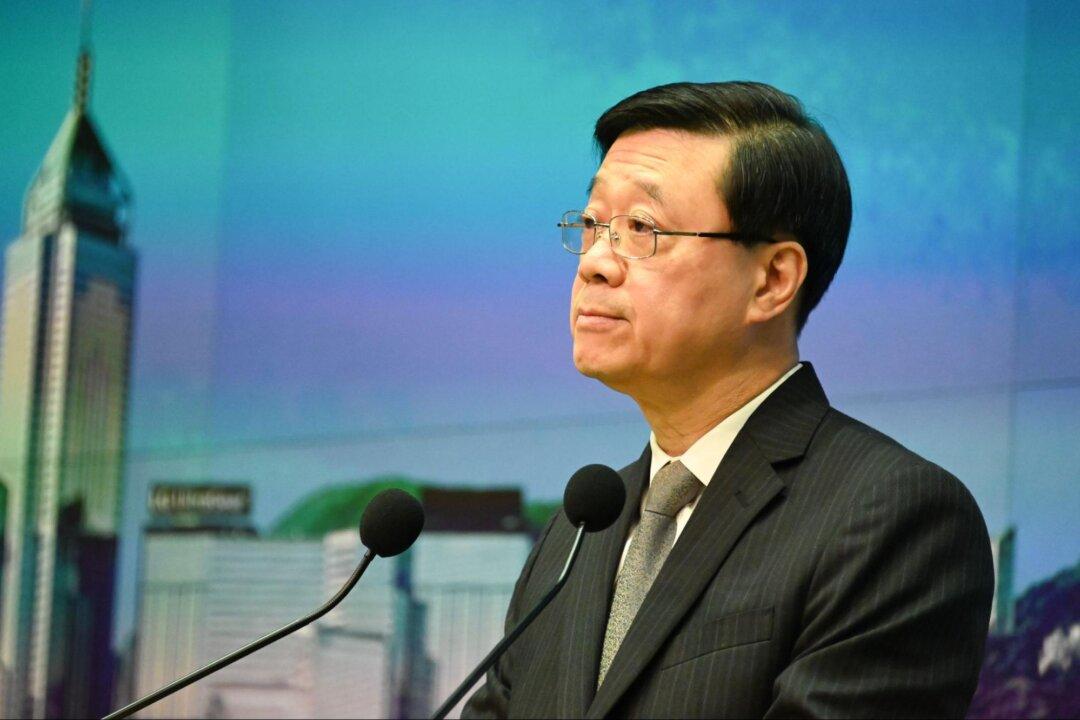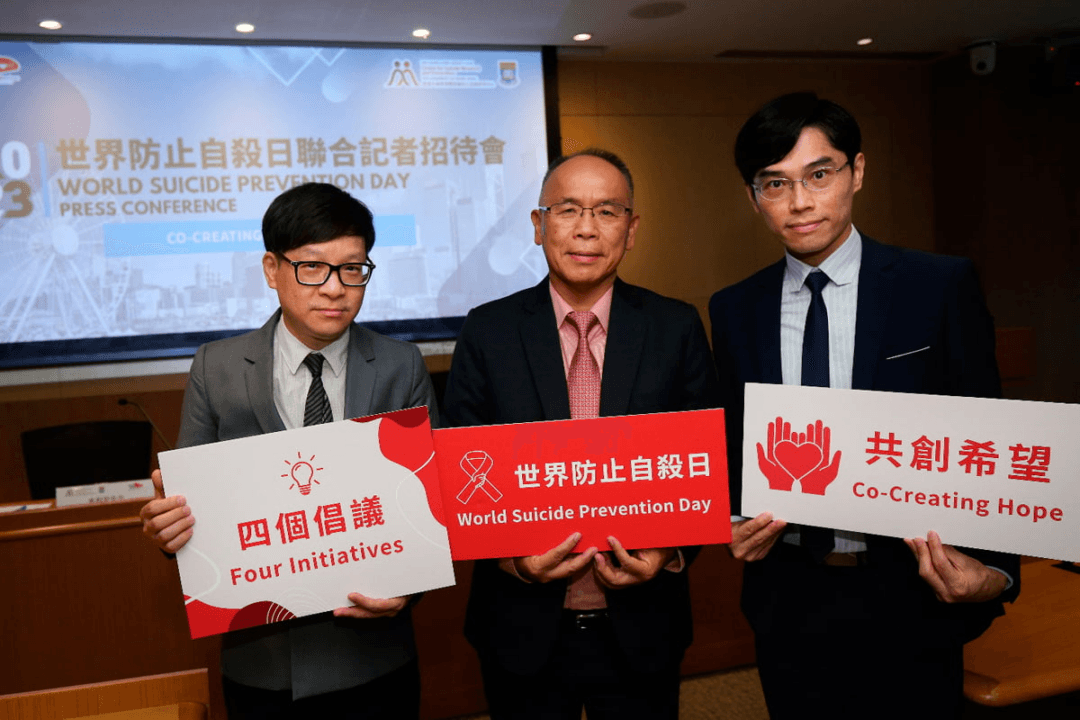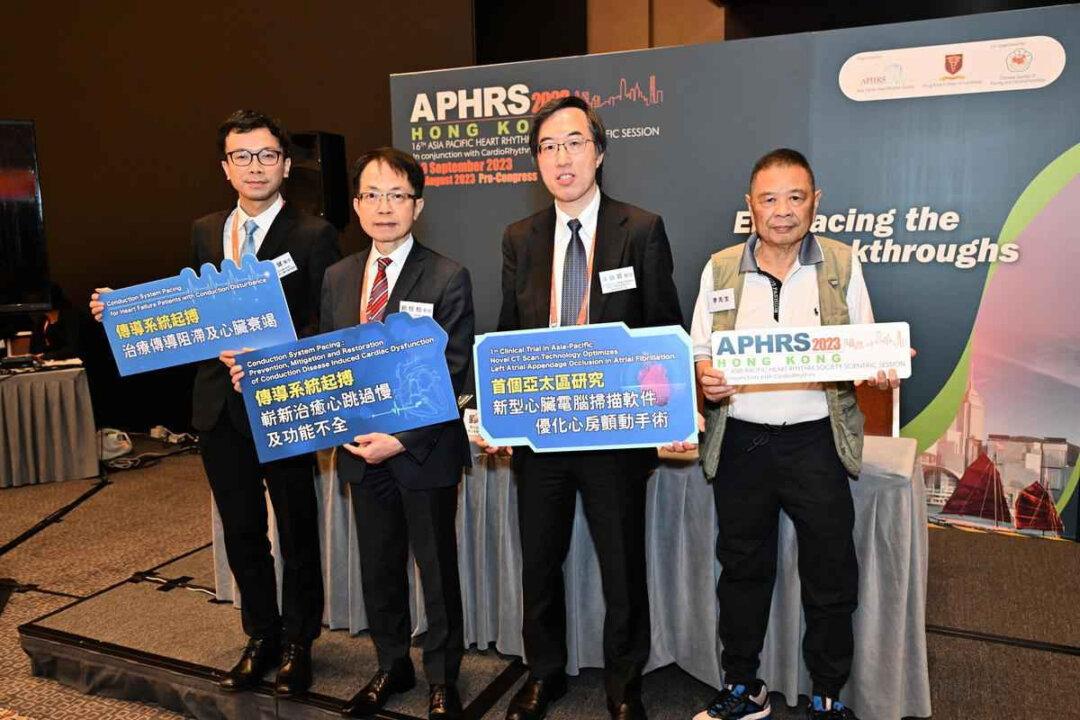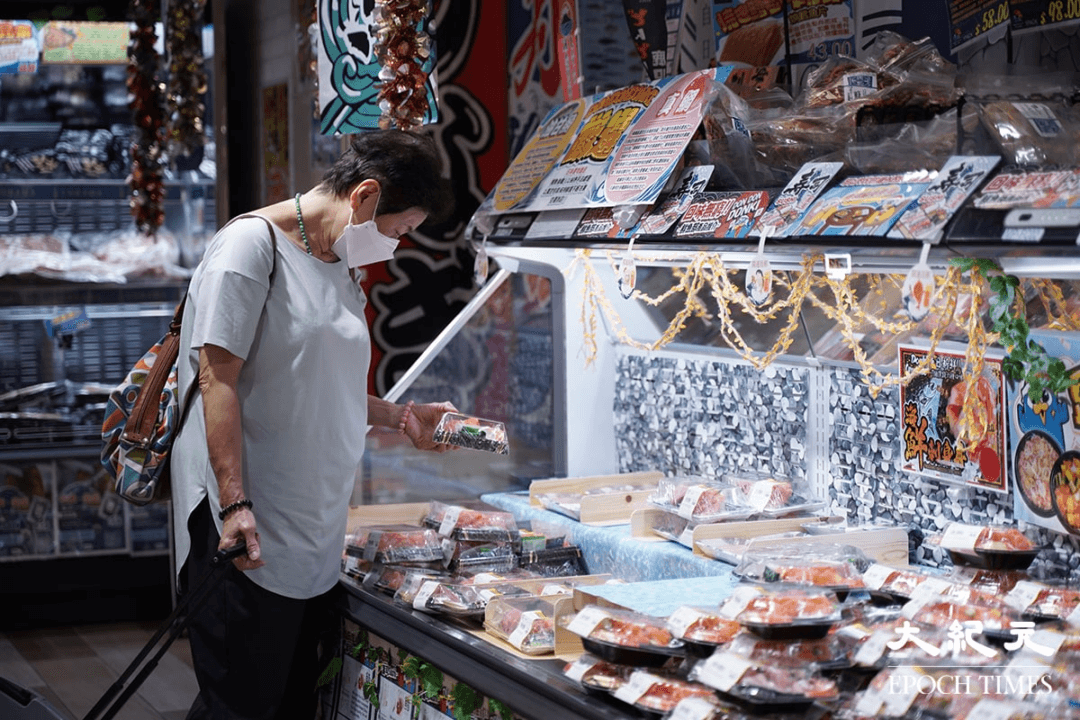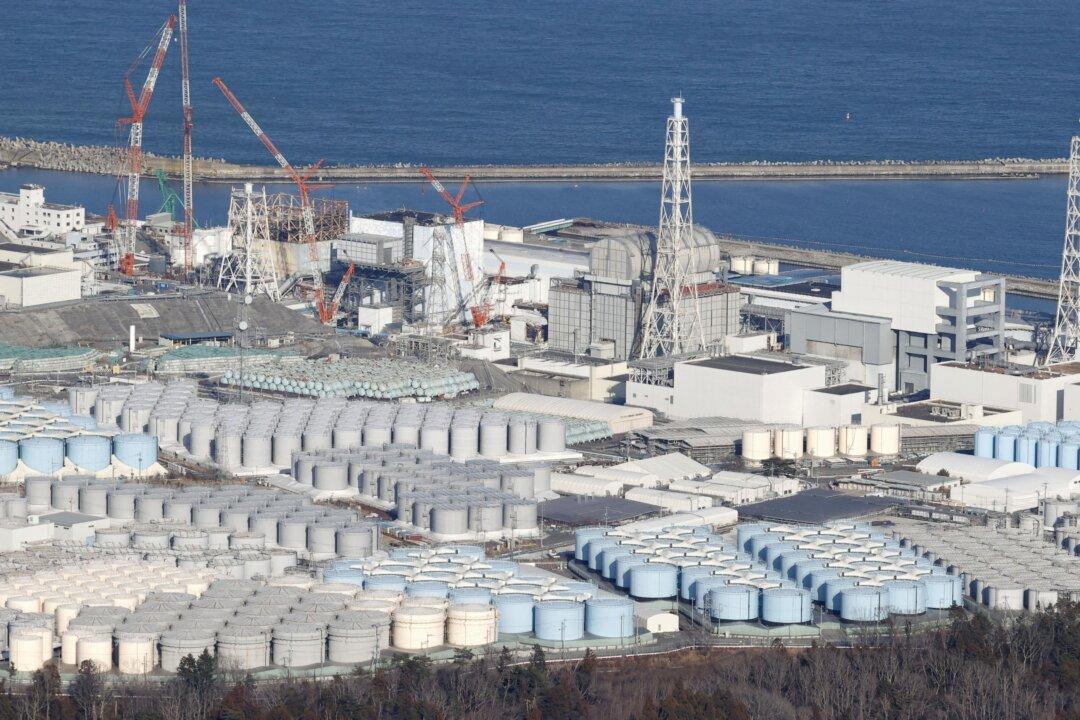On June 13, the State Department amended its comment regarding the invitation of Hong Kong’s leader, John Lee Ka Chiu, to the Asia-Pacific Economic Cooperation (APEC) summit in 2023, saying its invitation to APEC was an error. This comes after lawmakers urged to rescind the invitation as Lee was sanctioned in 2020 by the United States for his role in undermining Hong Kong’s autonomy and democratic processes.
The annual APEC CEO Summit 2023 will be hosted in San Francisco, in November 2023. In February 2023, Deputy Secretary of State Wendy Sherman sent a letter inviting Hong Kong Chief Executive John Lee to attend APEC.
